-
_780_520_90_s_c1_c_c.jpg)
by Rayya Liebich Mar 18, 2025 2 min read
-
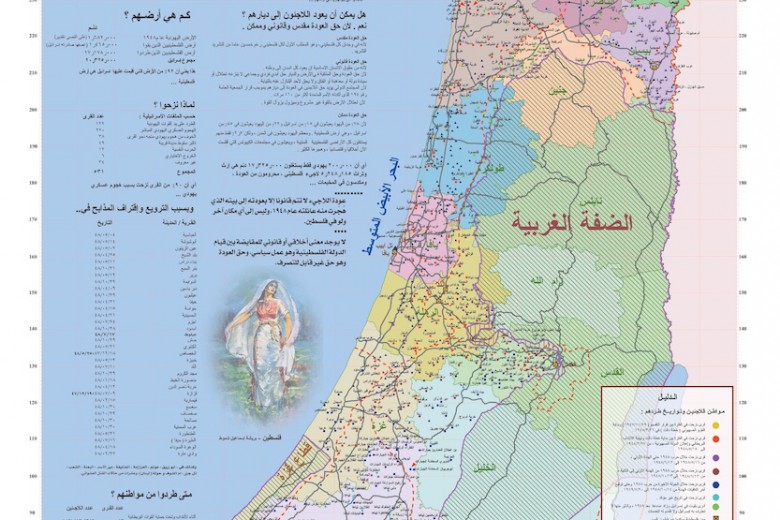
by Sarrah Ghadeer Malek Jul 2, 2024 2 min read
-
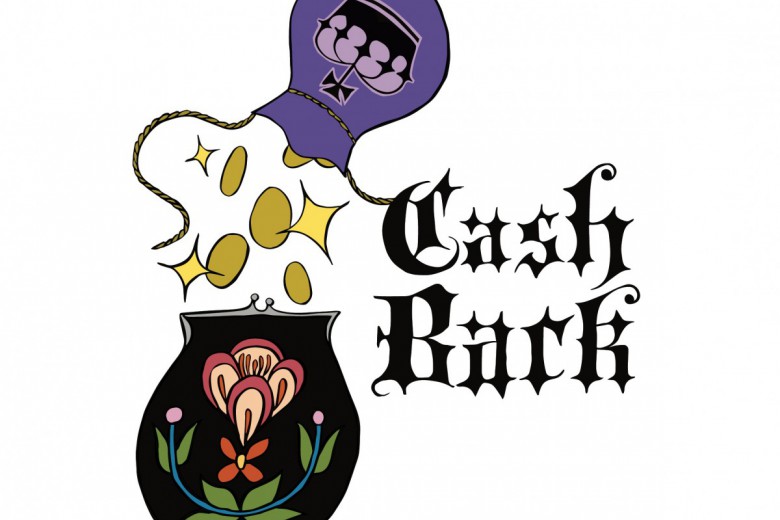
by Rob Houle and Briarpatch Staff Jul 6, 2023 5 min read
-
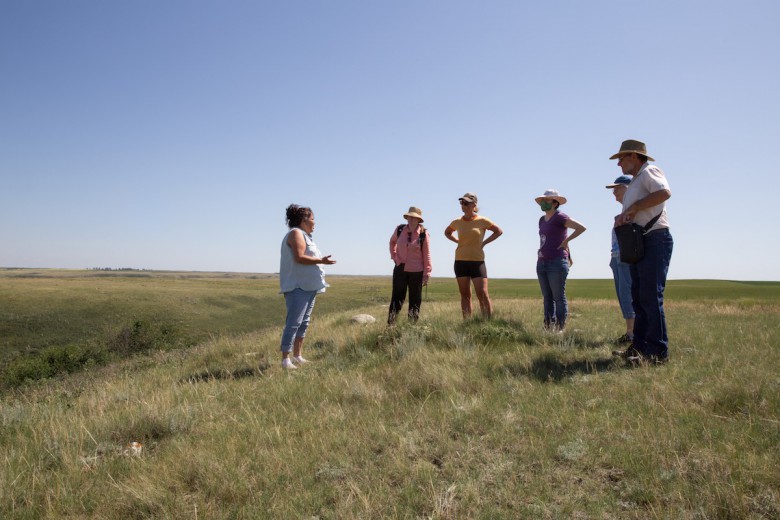
by Katie Doke Sawatzky Jul 5, 2021 12 min read
-
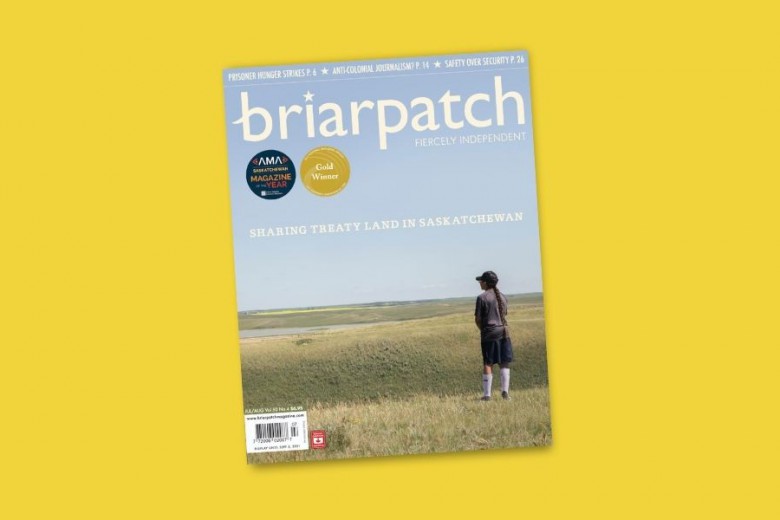
by Saima Desai Jul 5, 2021 3 min read
-
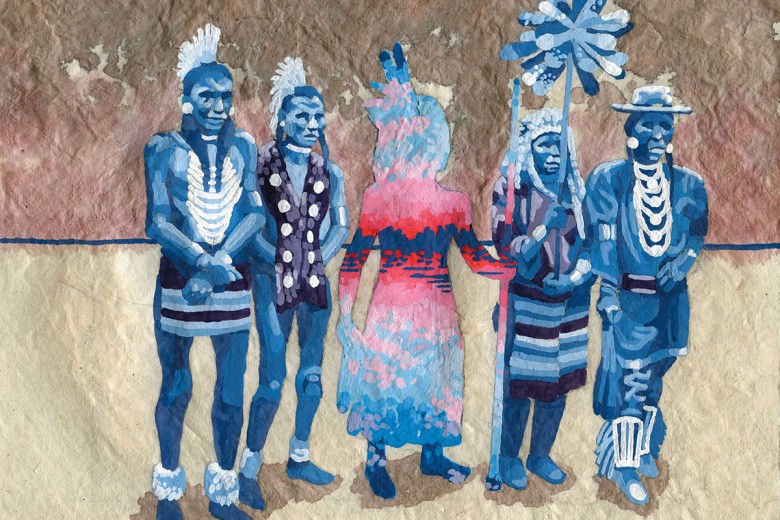
by Ella Hartsoe Mar 1, 2021 10 min read
-
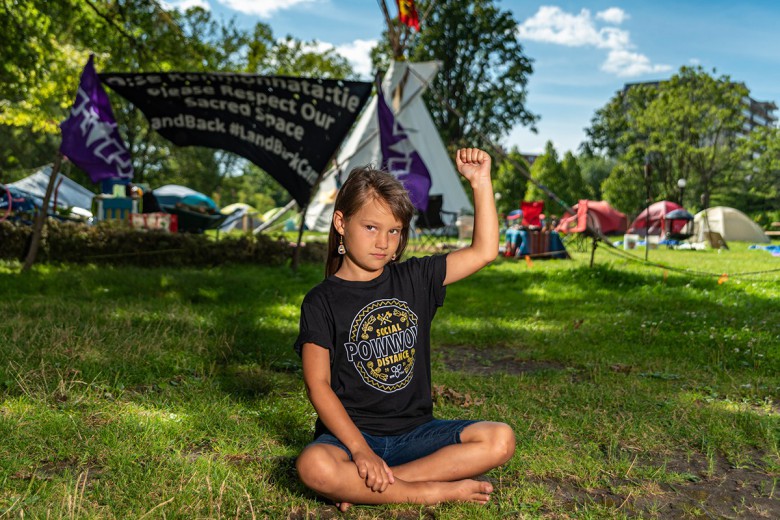
by Shawn Johnston Mar 1, 2021 2 min read
-
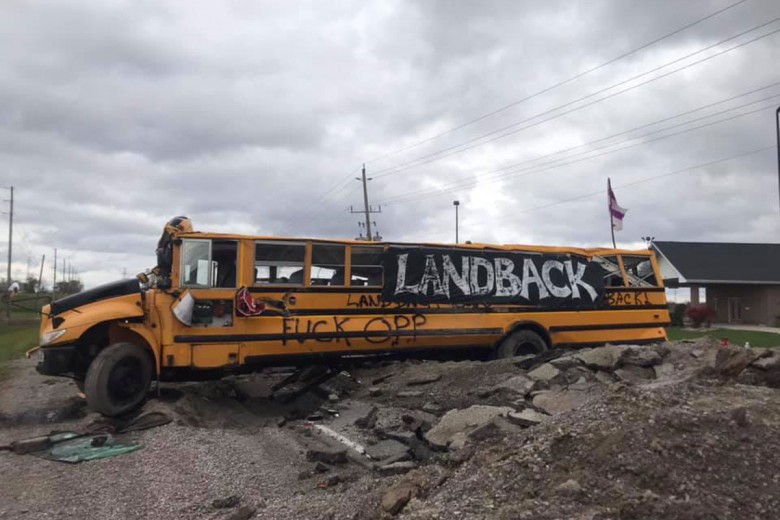
by Xicotencatl Maher Lopez Nov 26, 2020 7 min read
-
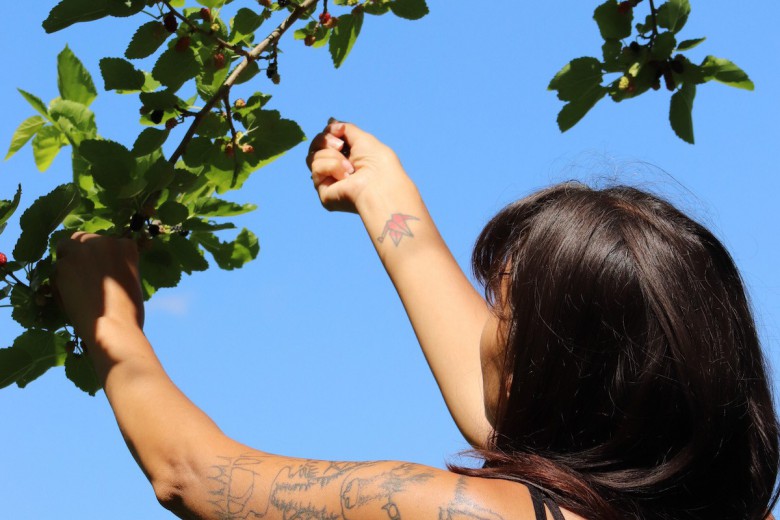
by Xicotencatl Maher Lopez Sep 11, 2020 9 min read
-
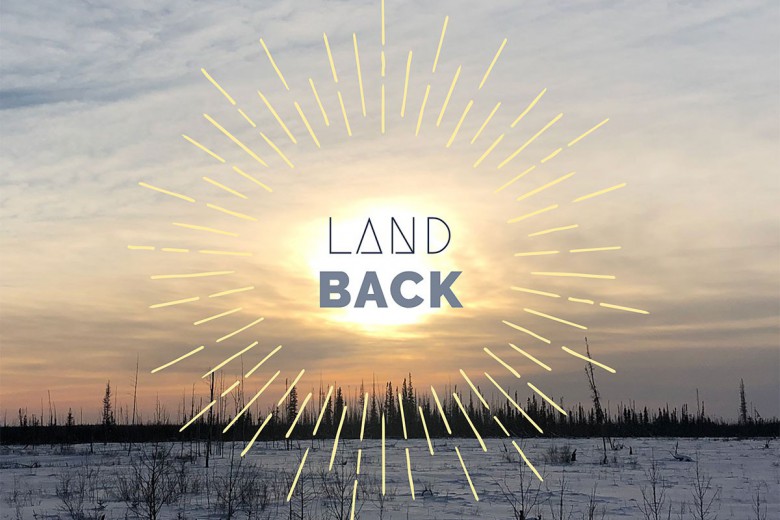
by Chloe Dragon Smith and Robert Grandjambe Sep 10, 2020 14 min read
-
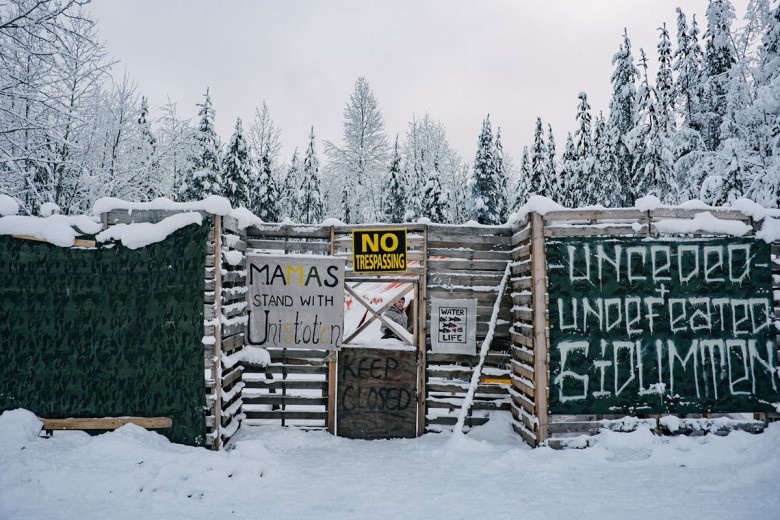
by Jerome Turner Sep 10, 2020 15 min read
-
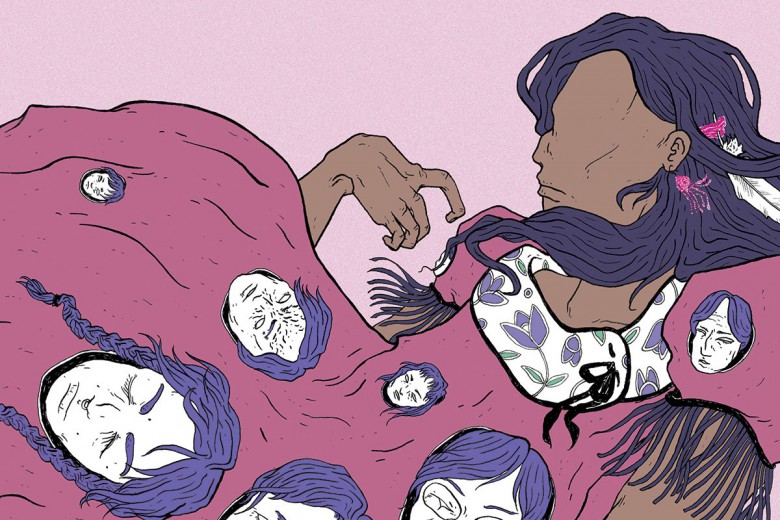
by jaye simpson Sep 10, 2020 8 min read
-
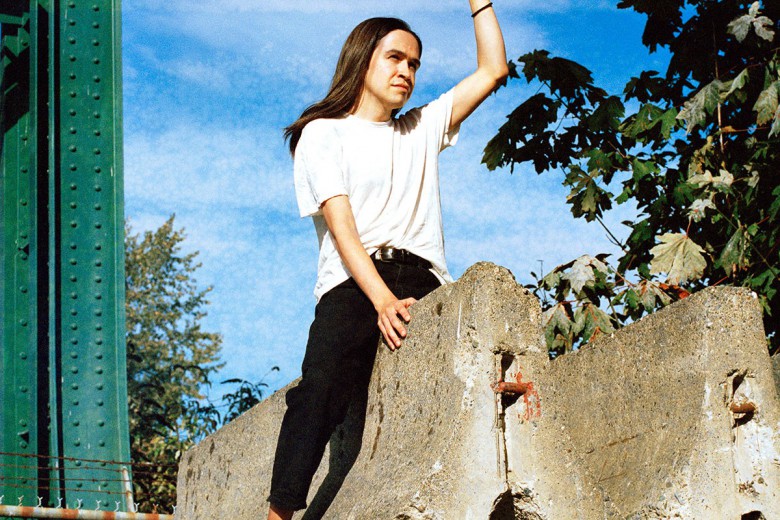
by Jas M. Morgan Sep 10, 2020 9 min read
-
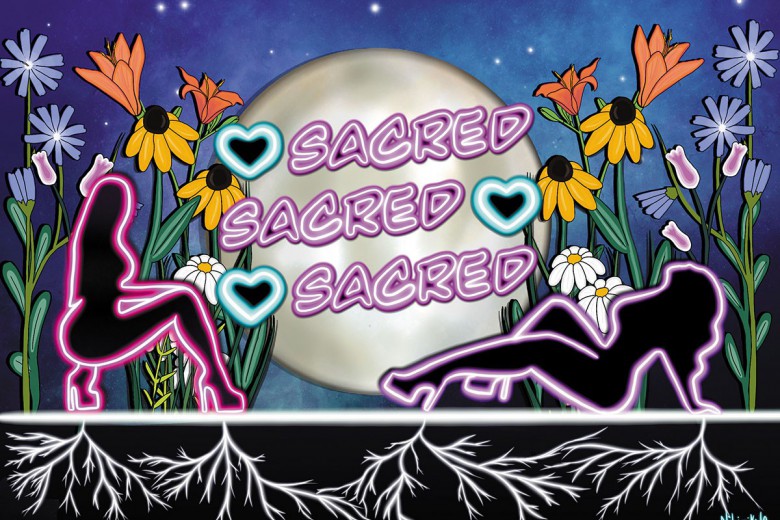
by Adrienne Huard and Jacqueline Pelland Sep 10, 2020 10 min read
-

by Alex Wilson Sep 10, 2020 17 min read
-
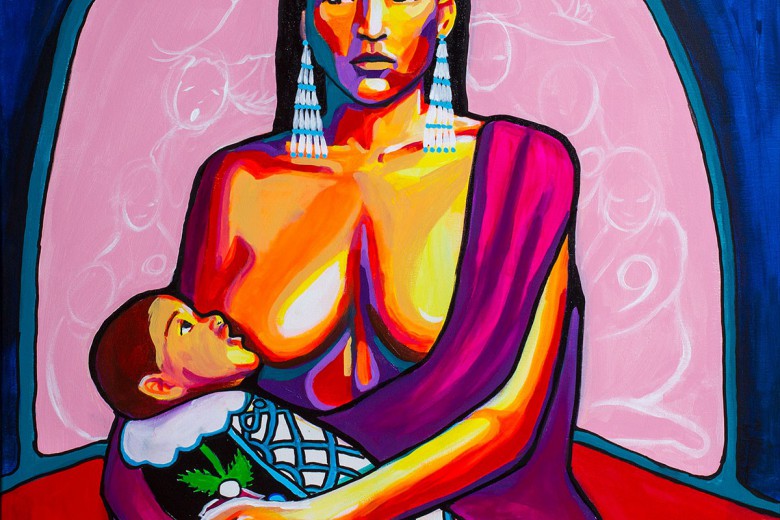
by Lana Whiskeyjack and Kyle Napier Sep 10, 2020 10 min read
-
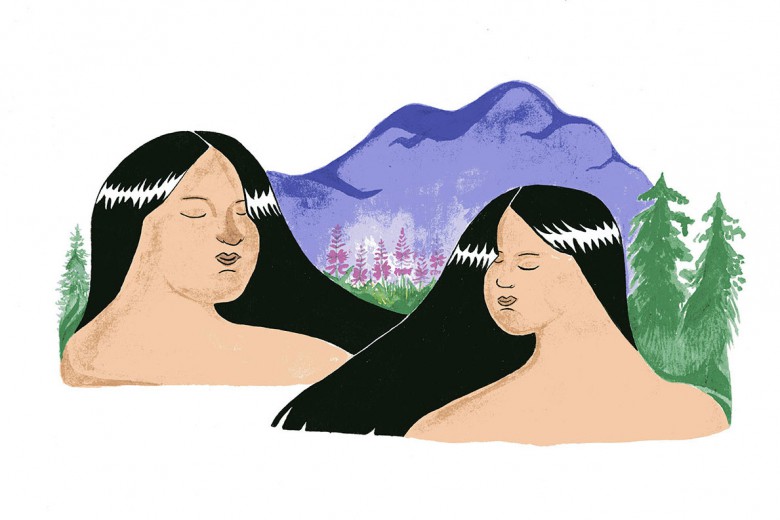
by Emily Riddle Sep 10, 2020 9 min read
-
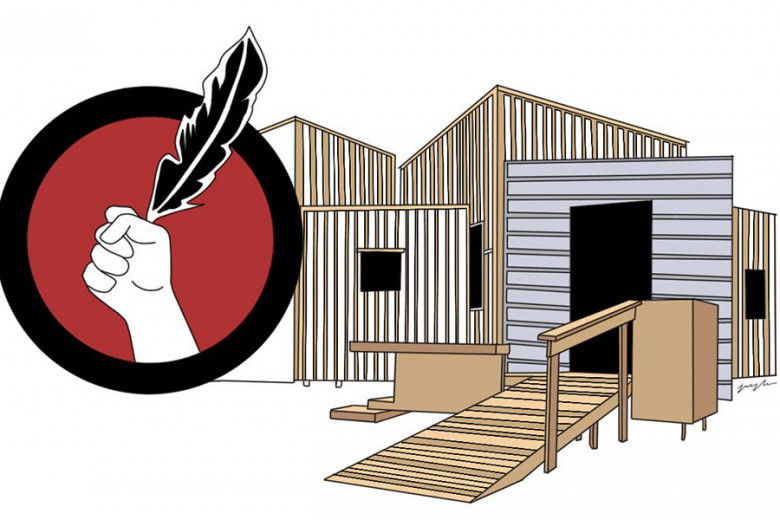
by Riley Yesno and Xicotencatl Maher Lopez Sep 10, 2020 9 min read
-
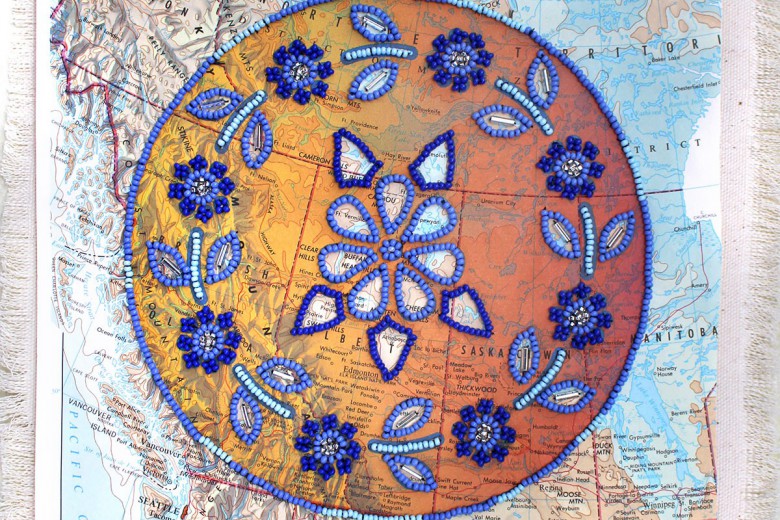
by Mike Gouldhawke Sep 10, 2020 10 min read
-
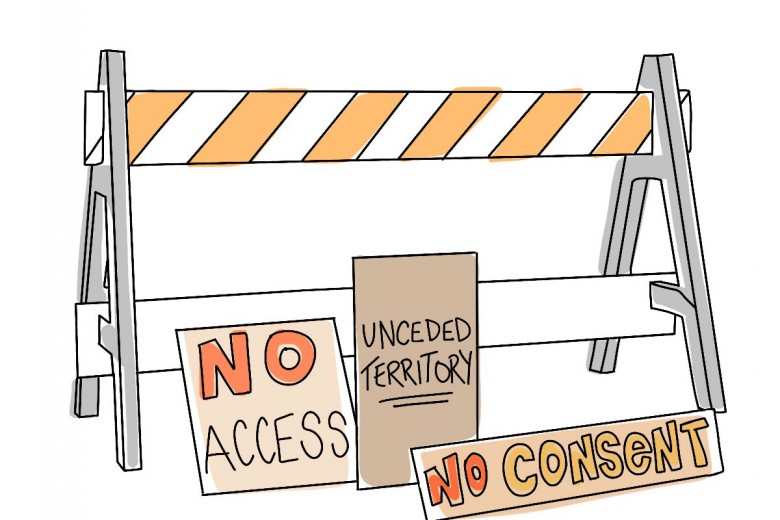
by Mike Gouldhawke Sep 10, 2020 10 min read
_780_520_90_s_c1_c_c.jpg)





















